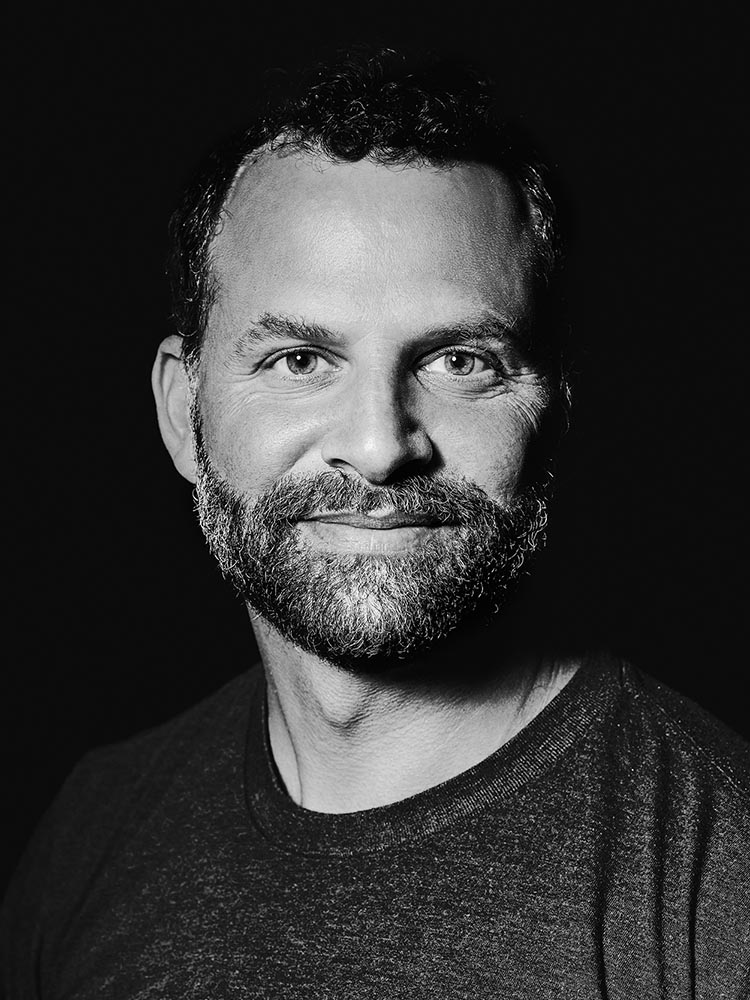NSR Tech Policy Quick Hit: SCOTUS Takes Section 230 Case, Increasing Risk for Platforms
What’s New: The Supreme Court granted cert to a case testing the limits of the protection afforded to tech companies by Section 230. This increases the risk of social media platforms (including but not limited to platforms operated by GOOG, META, TWTR and many non-public companies) operating in a legal environment in which whatever they do or don’t do related to content moderation, they could face increased legal liability. As we have noted in our quarterly presentations on risk in the tech sector (LINK), if Section 230 protections are narrowed, smaller platforms will primarily bear the brunt of the impact.
The Case: The background on the case is as follows:
- The California family of a 23-year-old studying in France, who was killed in a terrorist attack, sued YouTube for hosting videos created by ISIS, the perpetrator of the attack.
- The family lawyers argued that YouTube hosting the videos led to the radicalization of ISIS recruits and indirectly lead to the attack. They further argued that by doing so, YouTube was not protected by Section 230 and violated the “Anti-Terrorism Act (ATA).”
- YouTube’s lawyers argued that Section 230 immunizes YouTube from such lawsuits, and in addition, that lawsuit should be dismissed whether or not Section 230 applies.
- The district court dismissed the case.
- In a complicated decision that is in line with the rulings of other circuits, the 9th Circuit upheld most of the district court opinion but overruled the district court on the question of ATA liability.
- Despite the lack of a split between circuits, the Supreme Court took the case, suggesting some on the Court wish to accelerate their treatment of the issues raised.
Potential Consequences for Platforms:
- The case occurs against the backdrop of significant legal upheaval on online speech questions. The recent Fifth Circuit decision (LINK) and prior statements by Justice Clarence Thomas and Justice Samuel Alito signal how contested this area is. It is possible that this case will present an opportunity for the Court to chart a new direction for its jurisprudence on online speech.
- The case is also complicated because it requires the court to reconcile two statues (Section 230 and the ATA) that are in some tension.[1] It could be that the decision ends up being narrowly tailored only to cases involving terrorist incidents, though platforms will not have clear knowledge of when content is likely to lead to that result.
- If the Supreme Court rules that Section 230 does not protect YouTube, it opens the door to all kinds of damage claims related to the potential impact of videos YouTube has hosted, though it also likely opens the door even wider to those platforms with less aggressive content moderation policies.
- This could lead YouTube, and others, to being far more aggressive in de-platforming certain kinds of content that could lead to problematic consequences but that could open the platforms to suits under other laws—such as the Texas Social Media law just upheld by the Fifth Circuit—for damages for de-platforming content based on the creators’ point of view.
- If the Supreme Court rules that Section 230 does protect YouTube, it could lead to Congress seeking to narrow the protections, if not eliminate it. It could also lead to states, in different and sometimes opposite ways, seeking to increase liability for actions related to content moderation.
- While the Court may attempt to definitively define the parameters of platform liability, it is likely that the decision will create new questions and litigation about if, and if so how, platforms can minimize their risk. We think this case may be big but it is unlikely to be the end.
- Though YouTube is the defendant in the case, it won’t be the biggest loser from a defeat in court. Narrowing Section 230 protections will significantly increase compliance costs for platforms, and smaller platforms are likely to suffer from these increased costs more than large platforms. YouTube can afford to hire more lawyers to deal with expensive and confusing liability issues; smaller platforms cannot.
Bottom line: Another move in the game of “pick your plaintiff.” As we have discussed before, the states and the courts are the key domestic actors in reshaping the legal environment in which tech and communications companies will operate (LINK). While there is a national consensus that the companies are operating in a problematic way, there is no consensus on how they are doing so, with Democrats generally believing the companies are letting too much problematic information on and Republicans generally believing the companies are de-platforming too much. Voices on the Court have suggested leanings in multiple directions. Whatever the Court does, the environment is likely to be more problematic for the platforms, potentially subjecting them to a game in which the platforms have to choose what plaintiff they prefer, with litigation inevitable no matter what they choose. If YouTube loses, the game will be more difficult for all platforms, but the biggest losers will be smaller platforms.
[1] The tension relates to the thrust of 230 being to protect platforms from legal liability and the thrust of ATA is to impose liability on any individuals and enterprises, including platforms, for acts that could have the impact of supporting those who engage in terrorist acts.
Full 12-month historical recommendation changes are available on request
Reports produced by New Street Research LLP, Birchin Court, 20 Birchin Lane, London, EC3V 9DU. Tel: +44 20 7375 9111.
New Street Research LLP is authorised and regulated in the UK by the Financial Conduct Authority and is registered in the United States with the Securities and Exchange Commission as a foreign investment adviser.
Regulatory Disclosures: This research is directed only at persons classified as Professional Clients under the rules of the Financial Conduct Authority (‘FCA’), and must not be re-distributed to Retail Clients as defined in the rules of the FCA.
This research is for our clients only. It is based on current public information which we consider reliable, but we do not represent that it is accurate or complete, and it should not be relied on as such. We seek to update our research as appropriate, but various regulations may prevent us from doing so. Most of our reports are published at irregular intervals as appropriate in the analyst's judgment. This research is not an offer to sell or the solicitation of an offer to buy any security in any jurisdiction where such an offer or solicitation would be illegal. It does not constitute a personal recommendation or take into account the particular investment objectives, financial situations, or needs of individual clients.
All our research reports are disseminated and available to all clients simultaneously through electronic publication to our website.
New Street Research LLC is neither a registered investment advisor nor a broker/dealer. Subscribers and/or readers are advised that the information contained in this report is not to be construed or relied upon as investment, tax planning, accounting and/or legal advice, nor is it to be construed in any way as a recommendation to buy or sell any security or any other form of investment. All opinions, analyses and information contained herein is based upon sources believed to be reliable and is written in good faith, but no representation or warranty of any kind, express or implied, is made herein concerning any investment, tax, accounting and/or legal matter or the accuracy, completeness, correctness, timeliness and/or appropriateness of any of the information contained herein. Subscribers and/or readers are further advised that the Company does not necessarily update the information and/or opinions set forth in this and/or any subsequent version of this report. Readers are urged to consult with their own independent professional advisors with respect to any matter herein. All information contained herein and/or this website should be independently verified.
All research is issued under the regulatory oversight of New Street Research LLP.
Copyright © New Street Research LLP
No part of this material may be copied, photocopied or duplicated in any form by any means or redistributed without the prior written consent of New Street Research LLP.

